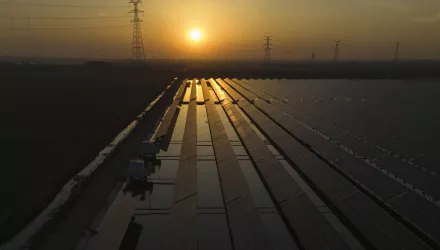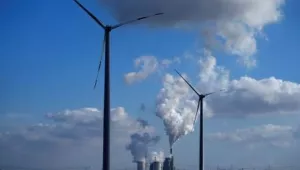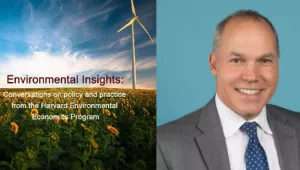Summary Report
Introduction
Concerns about high natural gas prices, environmental emissions, economic growth and future coal production have catalyzed a growing interest in developing and deploying advanced coal gasification technologies both in the United States and abroad. On February 11, 2004, two of the Kennedy School’s centers, the Belfer Center for Science and International Affairs and the Center for Business and Government, sponsored a workshop on the political and financial challenges to the deployment and commercialization of these technologies. The purpose of the workshop was to identify issues that require additional scrutiny and to build a policy foundation for the commercialization of Integrated Gasification Combined Cycle ( IGCC) technologies for power production. Additional sponsors included the Environmental Protection Agency, the U.S. Department of Energy’s National Energy Technology Laboratory, the Center for Clean Air Policy, and the National Commission on Energy Policy.
Attendees included senior officials from the energy industries, state regulators, federal officials, senior members of the NGO community and several experts from academia. This report summarizes the major issues and arguments put forth in each of the three panel discussions, a keynote presentation, and a luncheon speech. Since all statements made at the workshop are off-the-record, none of the remarks are directly attributed to any participant. This report is a general summary and does not cover all the issues discussed, but rather focuses on those of the greatest significance or greatest controversy.
“Workshop on Integrated Gasification Combined Cycle: Financing and Deploying IGCC Technology in this Decade -- February 11, 2004.” Rosenberg, William, ed. Belfer Center for Science and International Affairs, Harvard Kennedy School, June 1, 2004





